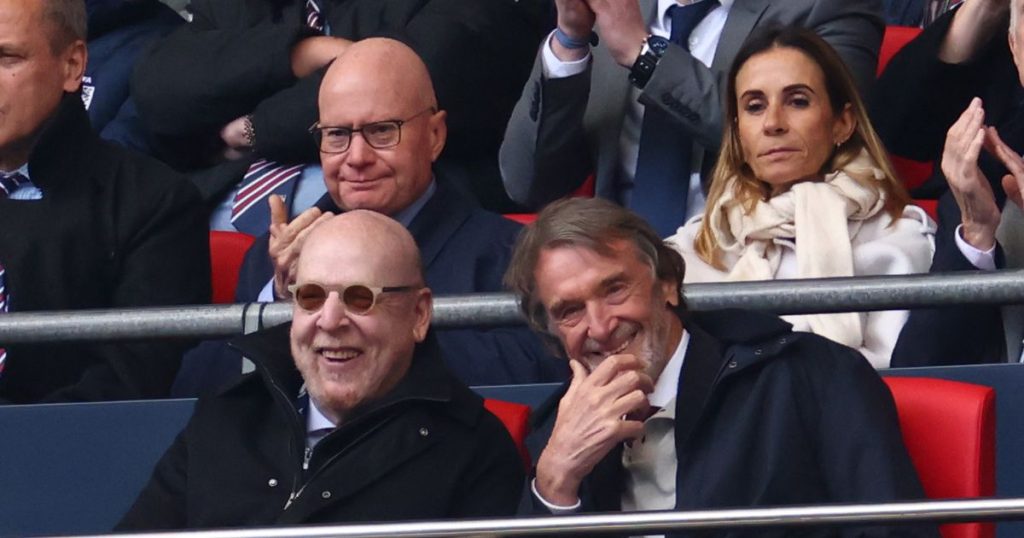Sir Jim Ratcliffe is set to have his first summer transfer window at Manchester United amidst discussions within the Premier League regarding potential changes to its rules. Manchester United, one of the Premier League’s most expensive squads, is reportedly against the implementation of a hard spending cap for clubs. The league is considering anchoring spending of top clubs to the TV revenue of the last-placed club as part of new Profit and Sustainability Rules expected to be in place from the 2025-26 season. These changes could impact United’s significant revenues and high wage bills.
However, Manchester United is said to vehemently oppose any plans to introduce anchors on spending, as they believe it could put Premier League sides at a disadvantage compared to European rivals. Manager Erik ten Hag has hinted at the limitations imposed by the existing Profit and Sustainability Rules during the January transfer window. The recent investment by new part-owner Sir Jim Ratcliffe is expected to lead to significant summer spending as the club aims to return to the top four. The UEFA currently operates with a cost control ratio system where clubs can spend 70% of revenues on players, a model that the Premier League might consider adopting with a higher spending percentage.
Parliament chairman Steve Parish has suggested that the Premier League explore a more rigid cap without taking turnover into account. The league is set to discuss salary cap proposals in June, with meetings already held in April to discuss potential points deductions for clubs that fail to adhere to new measures. The Premier League is facing a backdrop of multiple points deductions handed to clubs during the season, including appeals from Nottingham Forest and Everton. Everton has launched a formal appeal against a second two-point deduction, while Nottingham Forest has appealed a four-point deduction. These meetings and potential changes come in the wake of clubs navigating the complex financial regulations amid the recent surge in investments and expenditures.
The existing Profit and Sustainability Rules have led clubs to approach transfer windows cautiously, with the looming threat of points deductions incentivizing compliance. Manchester United’s significant spending in recent years and high wage bills position them as a key stakeholder in discussions around potential spending caps. The impact of revenue limitations on big-spending clubs like United could have cascading effects on squad composition, competitiveness, and financial viability. UEFA’s cost control ratio system provides a possible model for the Premier League to adopt with adjustments, ultimately aiming at maintaining financial stability and competitive balance across the league and European competitions.
The ownership change at Manchester United with Sir Jim Ratcliffe’s investment marks a new era for the club as they navigate transfer windows under potentially revised financial regulations. The club’s stance on proposed spending cap measures reflects concerns about maintaining competitiveness and financial flexibility in a rapidly evolving football landscape. As discussions continue within the Premier League regarding new rules and regulations, clubs like United will need to adapt to potential changes that could impact their transfer strategies, squad management, and overall financial health. The upcoming months are crucial for clubs, managers, players, and fans as they anticipate the implications of the league’s decisions on the future of English football.
In conclusion, Manchester United’s position on proposed spending caps and financial regulations highlights the complex balance clubs must strike between competitiveness, financial stability, and regulatory compliance. With the backdrop of ongoing discussions within the Premier League and UEFA, clubs face a pivotal moment in shaping the future landscape of football. Sir Jim Ratcliffe’s investments and Manchester United’s strategic decisions in the upcoming transfer windows will play a crucial role in determining the club’s trajectory in both domestic and European competitions. As the football world awaits the outcome of these deliberations, the impact of regulatory changes could reshape the dynamics of English football and European competition for years to come.


